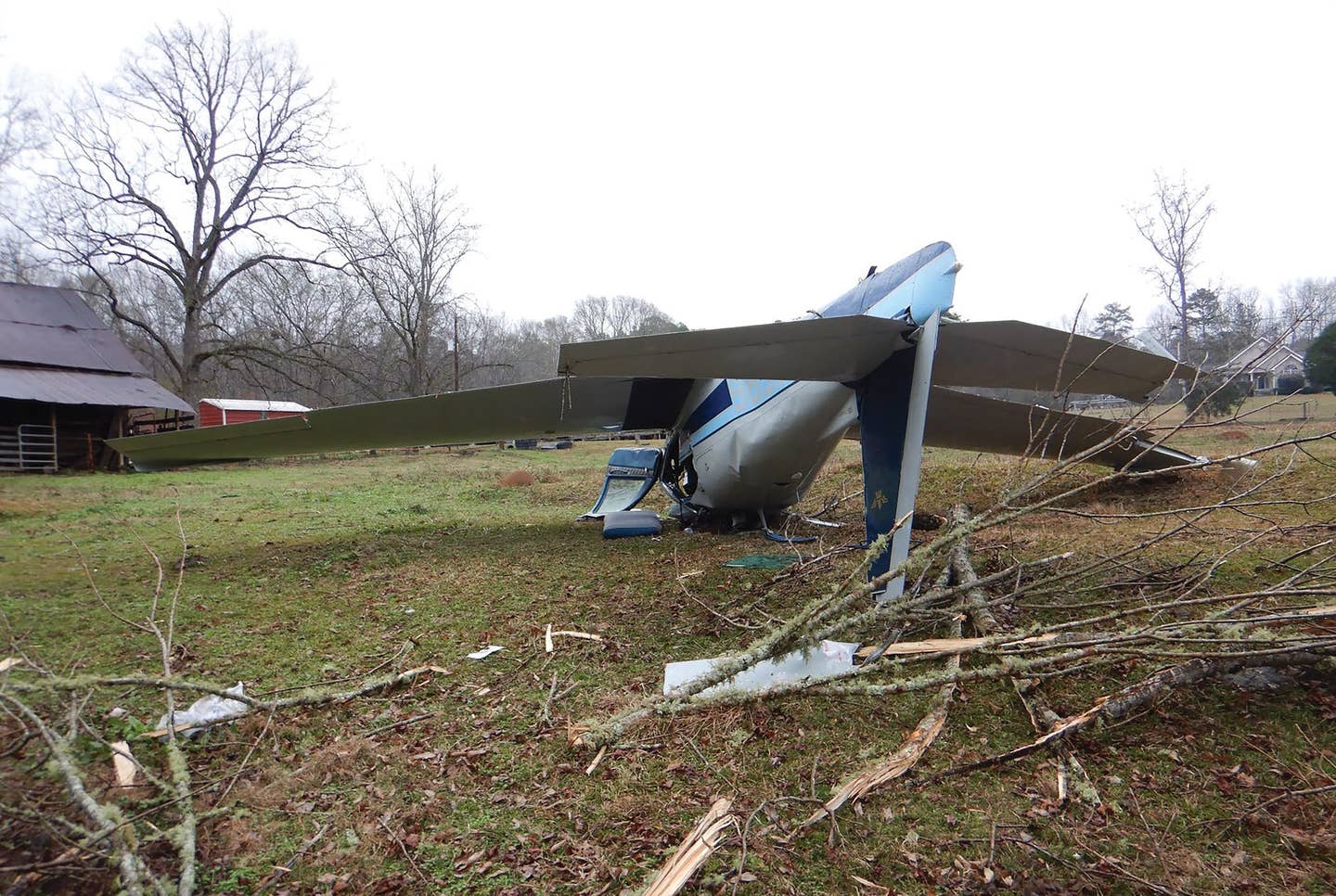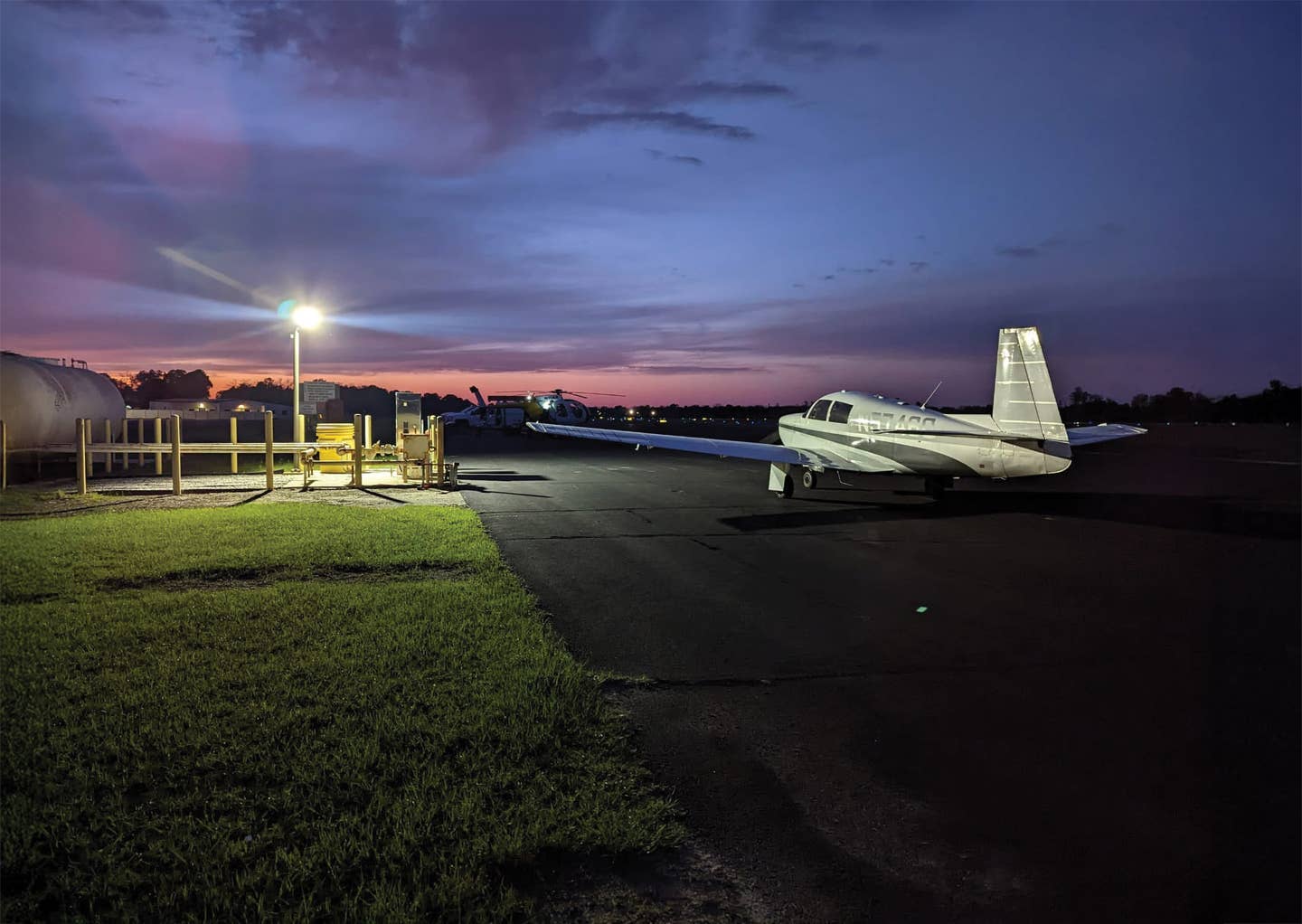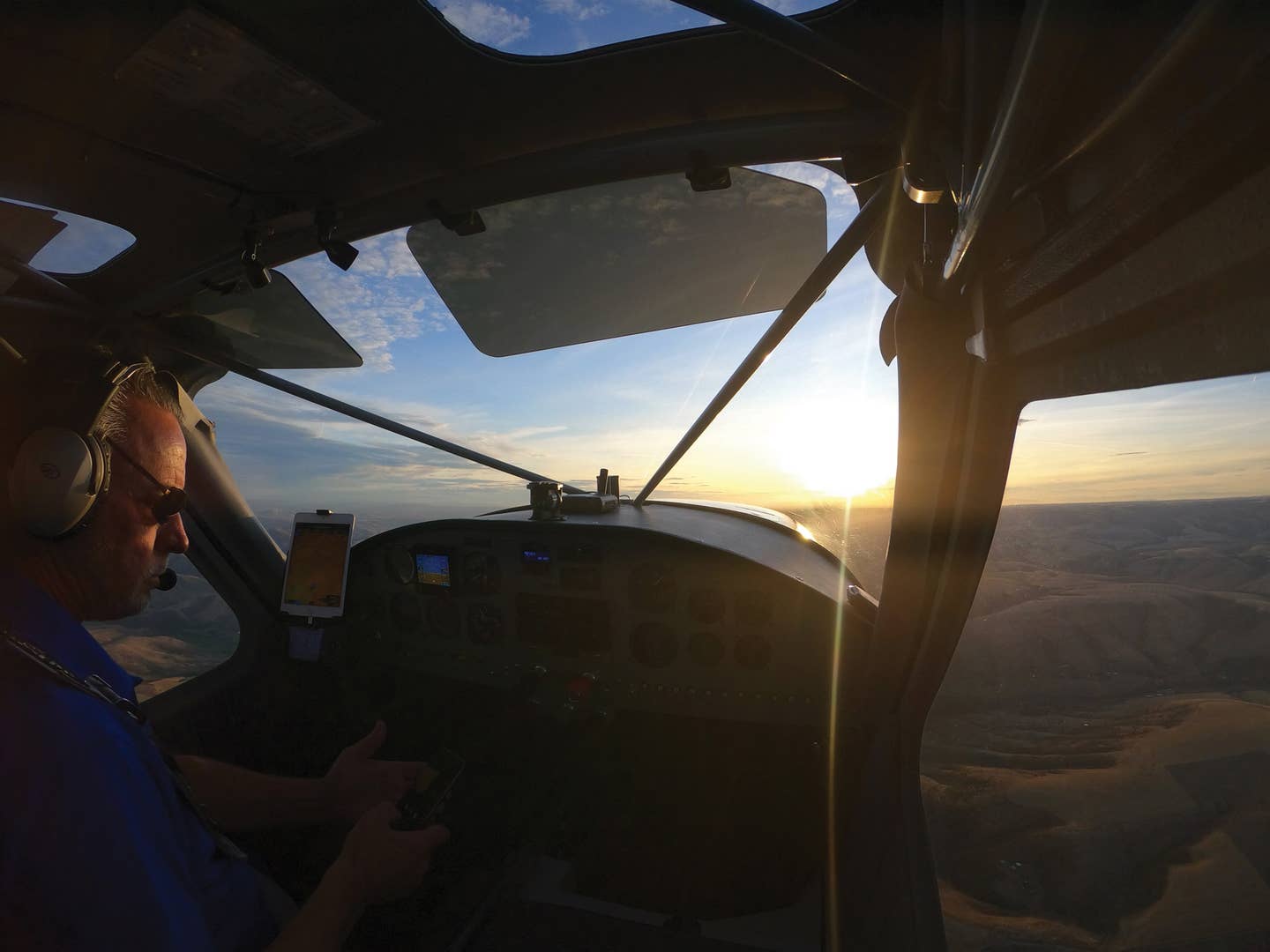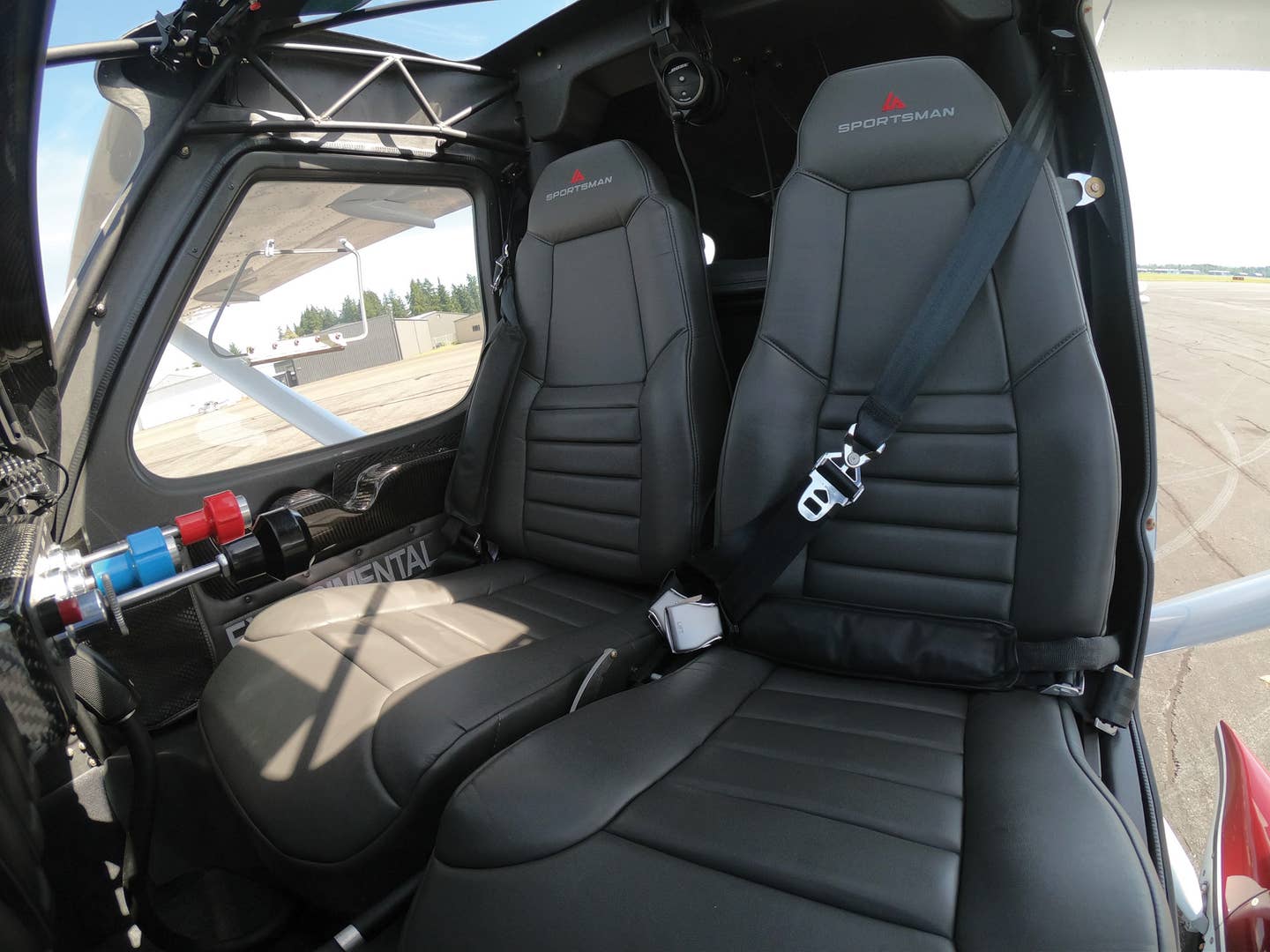Jobs and Schools: Accelerated Flight And Instrument Training (AFIT)
Helping you become a superb and comfortable IFR pilot
For safety's sake, it's imperative that people who fly light planes for business or vacation travel hold and use an instrument rating. When flying on a hectic business schedule, for example, it's likely that occasional work obligations may press a strictly VFR pilot into marginal conditions that could more easily and safely be handled by a competent instrument-rated pilot.
Flying to the dictates of an IFR flight plan can impose good discipline on a flight. Career-related commitments and concerns are held at bay. All attention is focused on procedural communications and the responsibilities of getting the plane to the destination at a required time. The mandates for precise altitudes, courses and airspeeds assure that you remain 100% alert for the duration of the flight.
It's equally important that you gain your IFR rating through professional, comprehensive training. Less-formal instruction often provides the minimum skills, and usually comes from instructors with limited operational IFR experience. Furthermore, pilots educated in this way can feel uncomfortable when confronted by the reality of performing in IMC with associates or family on board.
When determining the level of IFR training you want, consider that, in many ways, your IFR tasks will be more challenging than those of an airline pilot. You'll fly as a single-pilot operation, you won't have the airline's network of ground support, you won't conduct the same frequency of IFR flights, and you'll lack the equipment and performance redundancy of a jetliner.
Accelerated Flight & Instrument Training (AFIT) offers an excellent program for IFR pilots-in-training. AFIT has earned its own niche among professional flight schools by virtue of several features. First, this school doesn't instruct its clients for airline employment. Its training focuses on the instrument rating for private pilots who fly their light aircraft for business or personal transport.
If you're an AFIT student, you don't actually attend classes as you would at a traditional school. Rather, AFIT sends an instructor to you. You train in your plane at your airport. A highly experienced Certified Flight Instructor-Instrument (CFII) is your personal tutor.
Using the school's time-proven methodology, you can expect to complete your training in 10 days or less. AFIT has trained thousands since its inception in 1997 and continues to enroll pilots at the rate of 18 to 23 per week. Ninety-eight percent of its students pass their FAA flight test on the first take. And in 2005, more than 60% of AFIT's overall training came from repeat and referral business.
Here are a few more AFIT training features that explain the school's success rate.
Client Consultation
Prior to your enrollment, the school consults you on such matters as previous training and experience, anticipated IFR environments, and any aircraft and equipment you may experience (such as GPS, HSI, MFD, glass panel). AFIT can provide you with a CFII proficient in every flight environment and nearly every light plane, including high-performance and cabin-class models.
Instructor Staff
AFIT instructors are selected for their teaching ability, maturity and IFR operational experience. Average age varies from 55 to 58, with an average time of 8,000 total hours and 2,000 IFR hours. Instructors come to the program with a proven record of accomplishment---you won't find people who are eager to use instructor time as a springboard to another flying job. Most of the 46 instructors have been with the company since its inception, and they're there because they enjoy it.
Training Schedule
AFIT's 10-day instrument course is designed to serve busy pilots who simply can't afford the time this training typically requires with traditional instruction. You'll divide eight to 10 hours daily between flight time and ground tutoring. During the 10 days (or less), you'll receive from 40 to 50 hours in your plane and 20 to 30 hours of ground schooling.
The training schedule is demanding, though the school realizes that its students can't simply ignore their business commitments. Therefore, the program offers a flexible schedule. It doesn't matter if you need to start a lesson before dawn or after midnight, take a midday office break or combine training with a business flight---your instructor is there to make it work. "We realize that clients with business commitments aren't efficient students in the cockpit," notes Tony Montalte, AFIT president. "If they need time at the office to clear their thoughts, we'll work around that need."
Depth Of Training
Pilots hoping to use their rating for extensive air travel must get training beyond what's needed for passing the written and flight tests. Controlling an aircraft by instrument reference must be instinctive---your mind needs to be attentive to other issues. As a single-pilot operation in high-density Class B or C airspace, where you can barely get a word in edgewise, pilots must know how to anticipate the controller's next clearance. When flying a light plane practically devoid of backup systems, a pilot needs to be able to cope with equipment failures. At times, IFR flight may extend into night and its own set of issues. Above all, a good IFR flight is an unbroken chain of sound decisions. That decision making---along with the other issues of IFR flying---is an easily learned skill with good, comprehensive training. "Before our instructors leave you," Montalte assures, "there will be no doubt in their minds that you'll be able to handle any situation that comes your way in the air." To learn more about the program, call (866) 270-8224 or log on to www.afit-info.com.

Subscribe to Our Newsletter
Get the latest Plane & Pilot Magazine stories delivered directly to your inbox






